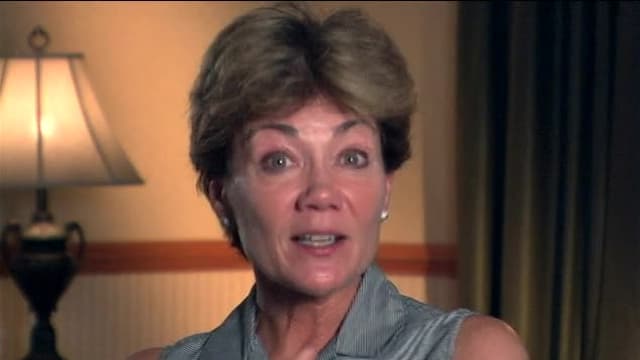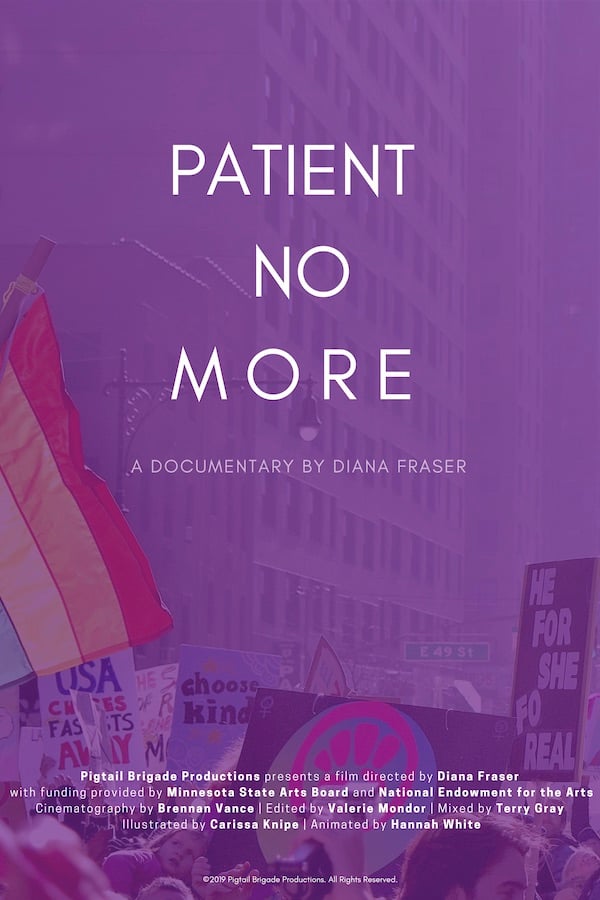Problem Gambling Documentary
Gambling Addiction Documentary. Don’t let the name fool youthere’s nothing “Joyful” about a gambling addiction. “Joy W.” shares her personal struggles with gambling addiction and the ramifications of acting out in her disease. Joy’s gambling addiction lead her to actions she would have never thought herself capable of doing.
Understanding Joy: The Devastation of a Gambling Addiction

Press Release from MPT
OWINGS MILLS, MD – With an estimated 150,000 problem gamblers in the state and a growing number of casino-based gambling opportunities available in Maryland and surrounding states, problem gambling has become epidemic. To explore the issue, Understanding Joy: The Devastation of a Gambling Addiction, a revealing documentary on the destructive nature of gambling addiction, will debut on Maryland Public Television on Wednesday, March 19 at 8 p.m. The one-hour special also will feature a panel of experts and a call-in telephone bank to respond to viewers’ questions or requests for help.
- Mary’s Story “Mary” was a poster child for the warning signs of compulsive gambling. It would have been obvious to anyone that she had a serious problem. But not to Mary.
- Axel Freed is a literature professor. He has the gambling vice. When he has lost all of his money, he borrows from his girlfriend, then his mother, and finally some bad guys that chase him. Despite all of this, he cannot stop gambling.
Produced by Susan Hadary and John Anglim of MedSchool Maryland Productions and with funding by the Center of Excellence on Problem Gambling, a program of the University of Maryland School of Medicine, Understanding Joy enters the mind of Joy, a 57-year-old woman. Joy’s gambling addiction has overcome her sense of morality and driven her to embezzle $700,000 from two employers. As she awaits sentencing for her crime, Joy struggles to explain her disease to her children, to the world, and to herself.
Producers Hadary and Anglim explain that the purpose of the documentary is to show the signs and symptoms of gambling addictions, to highlight the need for prevention and interventions, and, via the MPT phone bank, to demonstrate that help is available.
In 2013, the American Psychiatric Association reclassified pathological gambling as an addiction, a revision reflecting recent research that revolutionized the understanding of the effects of addictive gambling. Gamblers sometimes say they don’t “feel addicted,” but their behavior is often similar to that of other addicts as they chase their next high. Problem gambling can lead to other addictions and often spells financial disaster and family devastation as well. “Most people can gamble without it becoming an addiction, just as most people who drink alcohol do not become alcoholics,” the University of Maryland School of Medicine’s Chris Welsh, M.D. explains. “This film helps build awareness of the signs of addiction and, we hope, also will underscore the need to train clinicians to better serve the gambling-addicted population.”
Understanding Joy executive producer for MPT Frank Batavick explains that the documentary will be presented in three segments. During breaks between segments, MPT anchor Yolanda Vazquez will interview nationally recognized local experts on gambling addiction and responsible gambling. These experts and specially trained counselors will be available to receive calls from the public during and after the broadcast at the MPT toll-free number 1-800-222-1292.

In the documentary, expert on-screen commentary is provided by Jon Grant, J.D., M.D., M.P.H., professor, Department of Psychiatry and Behavioral Neuroscience, University of Chicago; Christopher Welsh, M.D., addiction specialist, Department of Psychiatry, University of Maryland School of Medicine;
Chris Anderson, forensic witness, therapist, and recovering gambling addict; and Judge Mark G. Farrell: Gambling Treatment Court, Amherst, New York.

To address the increase in problem gambling, the Maryland Center of Excellence of Program Gambling supports an ongoing public awareness campaign to help problem gamblers and their families become familiar with the symptoms of the addiction and how to get help. The center maintains a 24-hour help line (1-800-522-4700) and a public awareness website (www.mdproblemgambling.com) and supports numerous public outreach initiatives through MedSchool Maryland Productions.
About MPT


Launched in 1969 and headquartered in Owings Mills, MD, Maryland Public Television is a nonprofit, state-licensed public television network and member of the Public Broadcasting Service (PBS). MPT’s six transmitters cover Maryland plus portions of contiguous states and the District of Columbia. Frequent winner of regional Emmy® awards, MPT creates local, regional, and national television shows. Beyond broadcast, MPT’s commitment to professional educators, parents, caregivers, and learners of all ages is delivered through year-round instructional events and the super-website Thinkport, which garners in excess of 19 million page views annually. MPT’s community engagement connects viewers with local resources on significant health, education, and public interest topics through year-round outreach events, viewer forums, program screenings, and phone bank call-in opportunities.
About MedSchool Maryland Productions
MedSchool Maryland Productions is a program of the University of Maryland School of Medicine. It produces award-winning documentaries and educational outreach campaigns. More than 30 hours of programming produced by MedSchool Maryland Productions have been offered, acquired or commissioned by HBO, The Learning Channel, Discovery, Discovery Health and public television stations.
Problem Gambling Documentary Movie
About the Maryland Center of Excellence on Problem Gambling
Gambling Documentary Netflix
A program of the University of Maryland School of Medicine, the Maryland Center of Excellence on Problem Gambling was established to assist in the mitigation of gambling problems by providing free, 24/7 confidential help and referral services, training, prevention, clinical consultation/supervision, policy development, public awareness and research programs. In addition to assisting Maryland residents who are struggling with problems related to gambling, the Center also has the goal of becoming a nationally recognized leader for the latest information related to public health, policy, prevention and research in the area of problematic/pathological gambling.